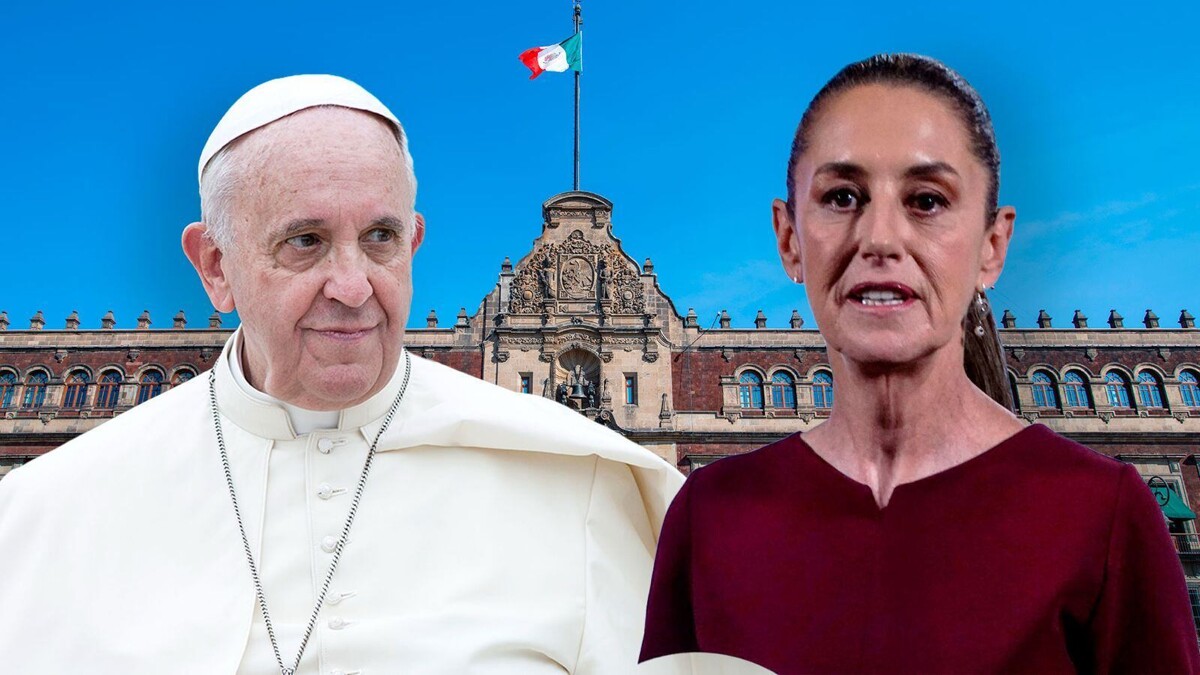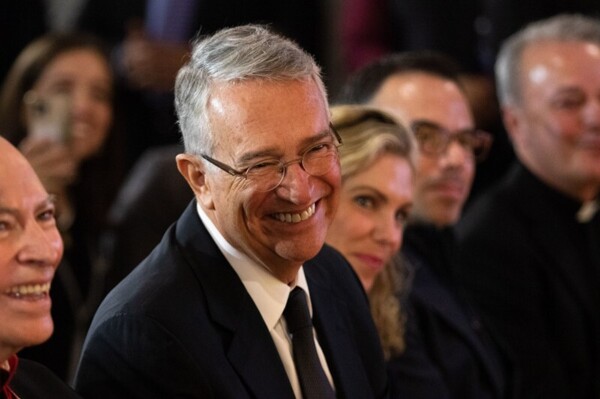
The disinterest of the Mexican government has been made evident with the recent incorrect appointment of the ambassador to the Vatican. In a notable mistake, journalist Alberto Barranco was appointed instead of Bernardo Barranco, the original suggestion for the position, who is well-acquainted with the Catholic Church in the country.
The progressive perspective of Pope Francis clashes with the conservative vision of President López Obrador, who maintained a distant stance with the Catholic Church and left the relationship with this institution in the hands of Mayor Claudia Sheinbaum. Since the beginning of his pontificate, Francis has taken critical positions regarding the situation in the country, leading to tensions with the Mexican government.
Although he did not call for votes against Sheinbaum, there was an effort to raise awareness among Catholics about other political options. López Obrador's arrival to the Presidency marked a new disagreement with the Vatican, which has continued throughout his term. The mentioned incorrect appointment of the ambassador is just one example of the difficulties in the relations between Mexico and the Holy See.
Uncertainty reigns over who the next pope will be and whether he will maintain Francis's progressive trend. The pope's death, although paradoxically a relief for the Mexican government, poses a scenario of change and reflection in the political and religious sphere of the country. Francis's critical stance towards autocratic regimes has been a constant throughout his papacy.
Throughout his pontificate, Francis remained vigilant of the security situation in Mexico and regularly received reports from bishops about the reality of the country. His commitment to the most vulnerable sectors and his reformist stance faced internal and external resistances. The tensions between the Catholic Church and the Mexican government have marked the relationship in recent years.
In this context, Sheinbaum, of Jewish origin, has remained distant from the Catholic Church and lacks an evident interest in improving the relationship with this institution. Political polarization and the crisis of democratic values have been recurring themes in Francis's speeches, advocating for an inclusive society open to debate. His legacy, beyond the differences with the Mexican government, leaves a mark on the vision of democracy and human rights in the country.














